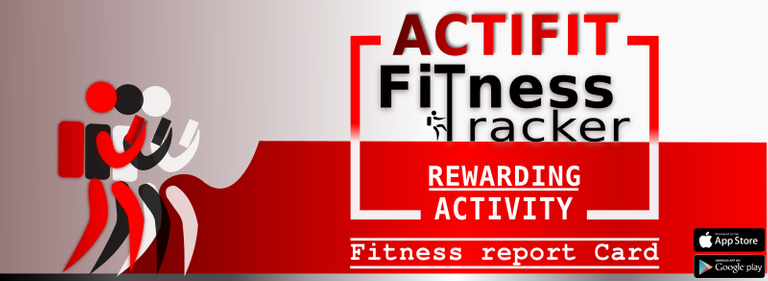My Actifit Report Card: April 26 2021
Yesterday my step tracker was really on the fritz. I don’t know exactly how many steps I had, but given that my morning walk works out to be about 7000 steps and I had 2000+ steps since then (after losses due to the tracker not working properly), I think I probably didn’t do too badly.
Today I did really well, or at least well above 10,000. I’ve been meaning to work my way back up to the 20,000 point, but that’s a while off and if I went straight up to it now I’d probably wind up with some pretty major foot pain.
Of course, one thing is that I often get steps in while reading, so I’d need to really get diligent about reading. I’m working on some course materials on the foundations of storytelling, and that means that I’ve been going through and reading some things that I either haven’t read or haven’t read recently in order to really make them pop.
One of these things is Aristotle’s Poetics, which I’ve never read. I was a little surprised to learn just how short it is (my version comes to 60 pages, and it’s got plenty of white-space). It’s something of a challenging read, because of the differences in terminology between our time and Aristotle’s. The translation I’m reading has an emphasis on maintaining terms and not linking them to the modern understanding, but since Aristotle’s focus and terminologies are so alien it’s difficult for a lay reader to really figure out what he’s on about.
For instance, Aristotle calls what we would consider standard stories “tragedies”, while his understanding of “comedy” applies more closely to what we would consider comedy while also encapsulating the Kafkaesque, at least if I’m understanding it properly (since the distinction between them is that a tragedy follows a larger-than-life figure and a comedy follows a less-than-ordinary character).
One thing that’s interesting here is that Aristotle names Homer’s work as an example of tragedy, and while we’re only really familiar with the Iliad and the Odyssey (and other works attributed to Homer may not be Homer’s due to a historiographical and literary record that’s really not well maintained), Aristotle chooses these two by name as the exemplars of tragedy.
Now, those of us who look back at Greek tragedy from modernity do not consider the Iliad and Odyssey tragedies at all (indeed, the Odyssey is considered by many to be the ur-heroic story, and is often cited as an exemplar of the Hero’s Journey).
But this is because of the subject matter, and once we look at it through Aristotle’s perspective we understand more of why there might be the correlation between what we would call tragedies and the broader lines that Aristotle draws.
The distinction between Odysseus and Hamlet is that Odysseus is virtuous (eventually) and Hamlet lacks virtues, at least in the Aristotelian sense. Odysseus is cunning, brave, and brash. While that last quality gets him in trouble time and time again, ultimately dooming all of his men to a death at sea, his faith and reverence for the gods carry him through.
Hamlet’s a punk plotting to kill his uncle because he saw a ghost. He’s not able to do it decisively, either, opting to lurk in the shadows rather than directly confront his problems, killing several people who didn’t deserve to (or need to) die as a result of his quest for revenge. The results are so catastrophic he opens the way for his kingdom to be usurped by outsiders. If we understand Hamlet as a modern story centered on Hamlet (which may not be so far off, but the fact that I wrote a paper to this extent in my undergrad may bias my evaluation here), we might question whether the narration is even trustworthy and Hamlet is little more than a madman!
After all, much of his motives and explanations occur in solitude, and the ghost of his father could be nothing more than the creation of a delusional mind.
With that said, both of these would still be considered tragedies, the latter because of Hamlet’s social stature (and perhaps also the nobility of his goal, the dubious means and basis in reality aside), and the former because of Odysseus’ character.
I haven’t yet fully explored the Poetics, in part because it’s a complex text and I’ve been somewhat all over the place with stuff to do. It’s interesting and I’m going to wipe it out before returning to the trivium.
This report was published via Actifit app (Android | iOS). Check out the original version here on actifit.io






Congrats on providing Proof of Activity via your Actifit report!
You have been rewarded 57.125 AFIT tokens for your effort in reaching 12533 activity, as well as your user rank and report quality!
You also received a 1.29% upvote via @actifit account.
Actifit rewards and upvotes are based on your:
To improve your user rank, delegate more, pile up more AFIT and AFITX tokens, and post more.
To improve your post score, get to the max activity count, work on improving your post content, improve your user rank, engage with the community to get more upvotes and quality comments.
Actifit is a Hive Witness. If you believe in our project, consider voting for us
Chat with us on discord | Visit our website
Download on playstore | Download on app store
FAQs | Text Tutorial | Video Tutorial